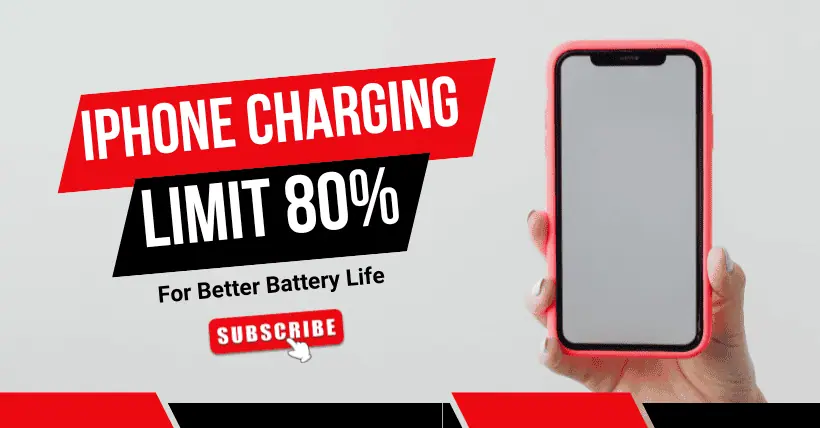The latest iPhone 16 and the previous generation iPhone 15 both offer an option to limit charging to 80% instead of 100%. The idea behind this is that many people don’t need a full charge throughout the day, which can reduce battery wear and extend battery life.
But does this theory have any real support? Recently, the German review site Macwelt, affiliated with Macworld, gathered a year’s worth of user charging data and conducted a statistical analysis to find the answer—batteries charged to 100% showed noticeably lower health levels after a year.
That said, the difference isn’t actually that large. In one test, the maximum capacity of an iPhone 15 battery dropped from 99% of its original capacity to 98%. Another test saw a decrease from 95% to 93%.
For users who upgrade every year, this level of battery wear won’t affect the resale value of their old device. However, for those who only upgrade every few years (like myself), it’s worth considering the 80% charging limit.
In other words, if you’re not a heavy phone user on a daily basis, or if you have a Plus or Pro Max model (with larger battery capacity), then the 80% charging limit might be more suitable for you. Honestly, I think the worst habit is frequently letting the battery drop below 20%, or even using it until it shuts down.
This habit significantly damages the phone battery, and it’s also best to avoid prolonged use in high temperatures. Following these two guidelines has a far more positive impact on battery health than limiting charging to 80%.

Disclaimer:
- This channel does not make any representations or warranties regarding the availability, accuracy, timeliness, effectiveness, or completeness of any information posted. It hereby disclaims any liability or consequences arising from the use of the information.
- This channel is non-commercial and non-profit. The re-posted content does not signify endorsement of its views or responsibility for its authenticity. It does not intend to constitute any other guidance. This channel is not liable for any inaccuracies or errors in the re-posted or published information, directly or indirectly.
- Some data, materials, text, images, etc., used in this channel are sourced from the internet, and all reposts are duly credited to their sources. If you discover any work that infringes on your intellectual property rights or personal legal interests, please contact us, and we will promptly modify or remove it.



